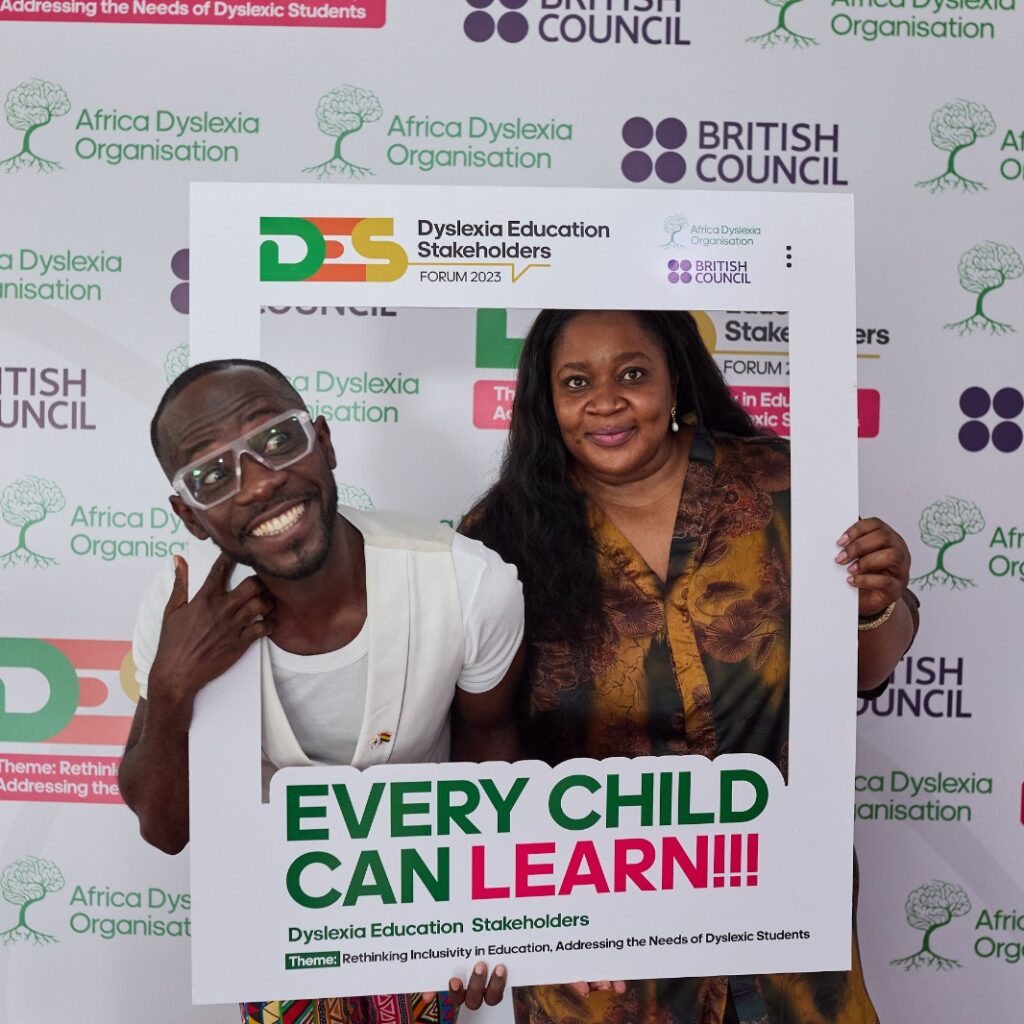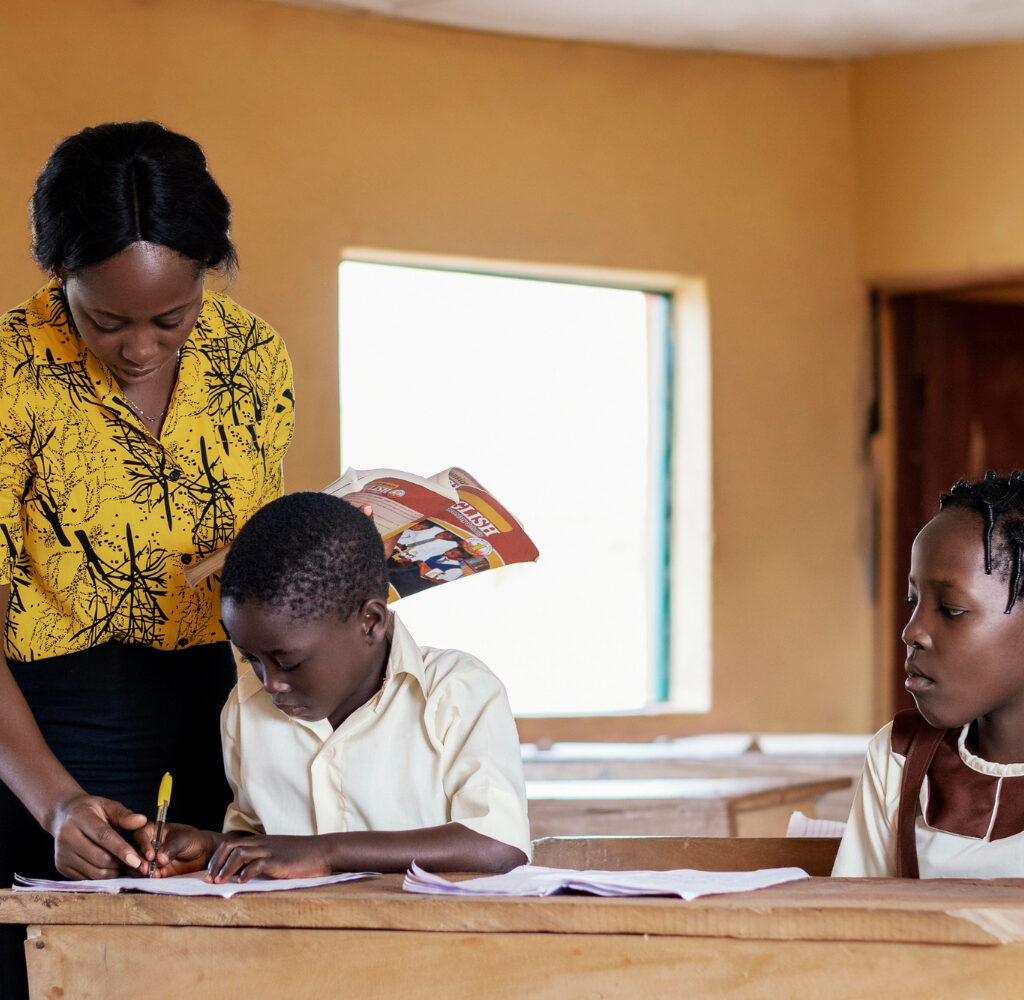Every Child Can Learn: Embracing Diversity in Education
The belief that every child can learn forms the cornerstone of inclusive education. This principle does not imply that all children will learn in the same way or at the same pace. Instead, it recognizes the diverse learning needs, abilities, and potentials of each child, advocating for tailored educational strategies that unlock individual strengths. This […]
Every Child Can Learn: Embracing Diversity in Education Read More »




